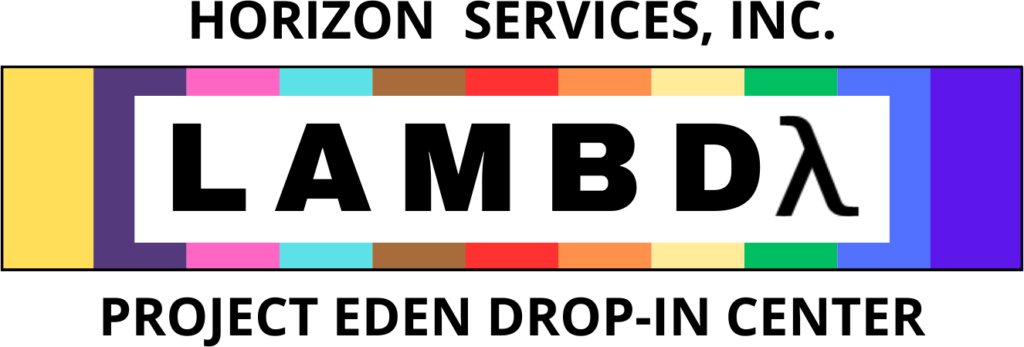What Is Marijuana?
Marijuana, also known as weed or cannabis, is one of the most used federally illegal drugs. Research has shown that approximately 48.2 million people, or 18% of America’s population, smoked it at least once in 2019, and 3 in 10 people who use cannabis have a marijuana use disorder.1
Marijuana refers to the leaves and flowers of the cannabis plant. The cannabis plant consists of about 540 chemical substances.
These parts of the plant contain the psychoactive chemical tetrahydrocannabinol (THC). THC can be extracted from the plant and turned into different products such as topicals, edibles, and smokable wax.2

Is Weed Legal?
While weed is legal in multiple states, it is still illegal on the federal level. Legal amounts of cannabis look different depending on which state you reside in. Some states offer legal recreational use, while others only allow cannabis to be used by medical patients with a permit.
How Is Cannabis Used?
Cannabis may be used in a few different ways. Most people who use cannabis consume it by smoking the leaves and flowers. THC can be removed from the plant itself and turned into oils and resins. These oils and resins can also be smoked to produce a high.
Extracted THC can also be turned into edibles and topical products. Edibles take longer to kick in but tend to produce a longer high. Topical products are more often used for pain relief and have a shorter duration.
Specific drugs that contain individual cannabinoids, such as Epidiolex, Marinol, Syndros, and Cesamet, have been approved by the U.S. Food and Drug Administration.
Why Do People Use Cannabis?
There are varying reasons why people use cannabis. Some of these reasons include the following:
- Pain management
- Reducing nausea
- Decreasing opioid use
- To help with chronic conditions, such as epilepsy, HIV/AIDS, Multiple Sclerosis (MS), and more
- To help cope with anxiety and depression
- Relaxation and enjoyment
- Improving sleep
- To alleviate social pressure
- Boredom
Is Cannabis Addictive?
Weed has the potential to be addictive. Around 30% of people who use weed have marijuana dependence or addiction. Unlike other addictions, marijuana addiction develops over time and is more common in long-term chronic users.3
Signs of Addiction
Weed addiction looks different for everyone. Some signs that you or a loved one may be addicted to cannabis include:
- Mood changes
- Changes in appetite
- Persistent cravings
- Having tried to stop in the past and been unsuccessful
- An increase in tolerance or use
If you or a loved one is experiencing any of these symptoms, it may be time to start looking at treatment options for cannabis use disorder recovery.
Marijuana Detox
When someone who has a dependence on cannabis suddenly stops using it, they may experience withdrawal and detox symptoms. These symptoms usually start within 24 hours of a person’s last use and can last for up to a week.
Some of the most common symptoms of weed detox and withdrawal include:4
- Anxiety
- Sweating
- Tremors
- Loss of appetite
- Depression
What Is the Detox Process?
Cannabis detox is typically safe and, in most cases, can be carried out at home. However, those with severe weed addiction may benefit from detoxing at a professional detox center.
Professional detox services for cannabis can help manage withdrawal symptoms and make for a smoother process overall. Getting help from a detox center also makes it easier to transition into
Effects of Marijuana Use Disorder
Cannabis use has several implications. Cannabis affects brain function and the lungs, leading to certain types of cancer. Cannabis use can also have effects professionally and socially. Since cannabis impairs a person’s ability to think, it may even lead to trouble at work or in school.
Even though cannabis is legal in many states, some employers will terminate a person if they are found to be using cannabis.
Also, many people use cannabis to soothe anxiety, its use can actually increase anxiety and other mental health disorder symptoms in the long run. Those who have a weed dependence may have trouble with emotional regulation and reactions due to overuse as well.
Addressing Dependency and Addiction
Cannabis misuse and addiction are treatable with proper help. If you or a loved one is struggling with cannabis use, it may be time to seek treatment. Often, when someone is seeking treatment for cannabis addiction, they are also suffering from a co-occurring mental health disorder.
As stated, many people use cannabis as a way to soothe symptoms of mental health disorders. Getting treatment for cannabis addiction can help uncover these symptoms and get you in touch with the resources needed to address them.
Treatment Opportunities
Treatment for cannabis addiction looks different for everyone depending on their needs and symptoms. Typically, cannabis addiction and dependence are treated through behavioral counseling.
The most common behavioral counseling used in treatment include:
Cognitive Behavioral Therapy
CBT helps teach individuals how to identify and correct problematic or harmful thoughts and actions. It also gives individuals the tools to change their thoughts and behaviors in a positive way. This type of counseling is aimed at increasing self-awareness and self-control.
Contingency Management
This strategy can help people stop using drugs through positive reinforcement. In contingency management, you receive rewards for staying on track behaviorally. This helps condition your brain to choose positive behaviors and actions.
Motivational Enhancement Therapy (MET)
MET is aimed to help build motivation to create change in a person’s life. This type of counseling taps into your internal resources to create change. It doesn’t aim to treat the person, but instead mobilizes their internal resources and attitude toward treatment.5

Get in Touch With Horizon Treatment Services for Marijuana Addiction
Are you seeking help for substance dependence, including weed? Horizon Treatment Services has you covered. We have been serving the Bay Area for over 45 years. We are proud to offer eight different programs over seven different locations.
We offer inpatient, outpatient, residential, detox, and community support for people of all ages.
What Do We Offer?
Are you worried about a loved one struggling with marijuana or other substance use disorder? Horizon Treatment Services can assist and provide them with resources as well. We are also LGBTQ-friendly and are sensitive to the treatment needs of members of the LGBTQ+ community.
We will work with you to create a personalized treatment program that can address any symptoms you may be experiencing. We also highly value community outreach and support throughout the healing process.
Get in Touch With Us Today
Horizon Treatment Services is here to support you every step of the way during recovery. Call us today for a consultation and receive the proper support needed for sustainable healing.








